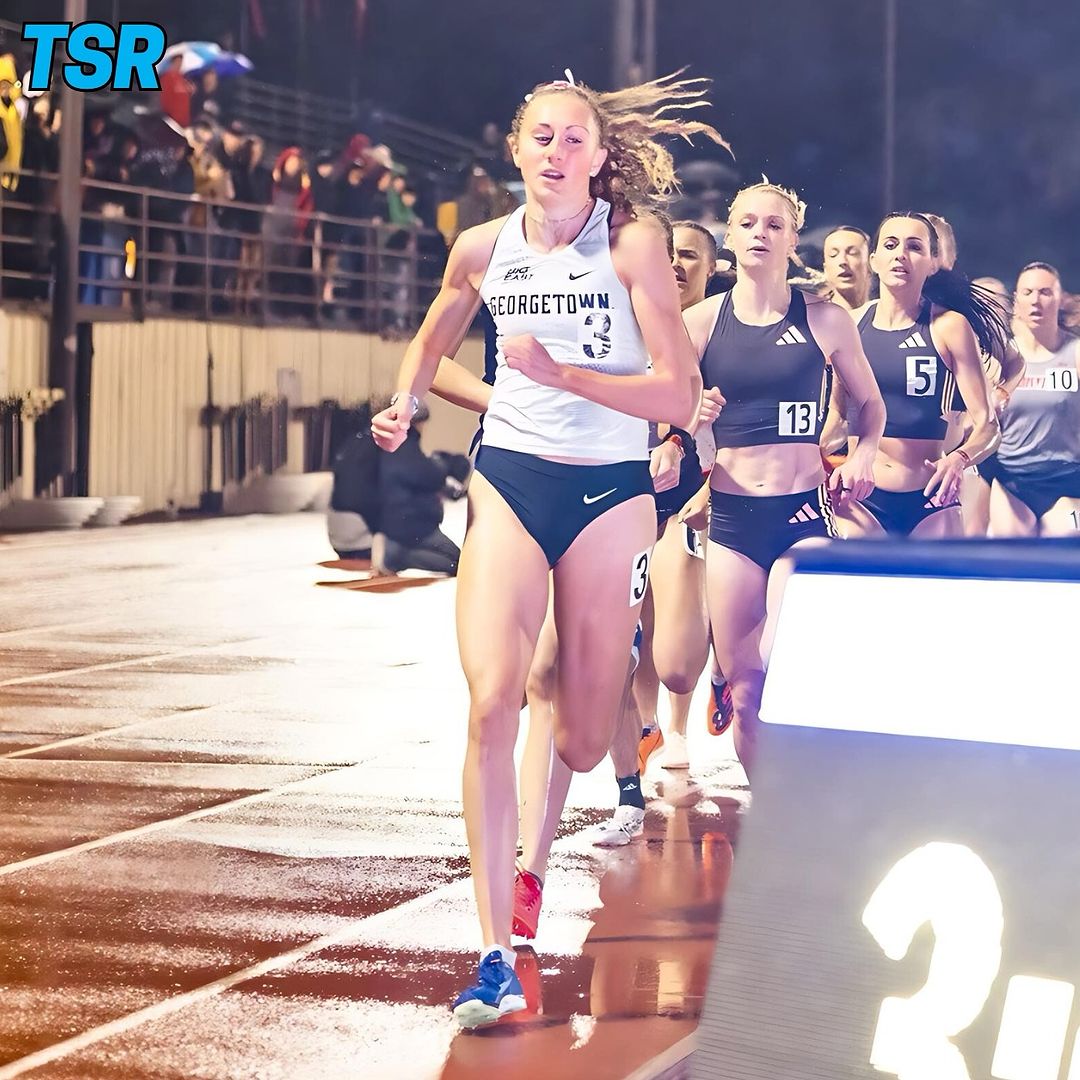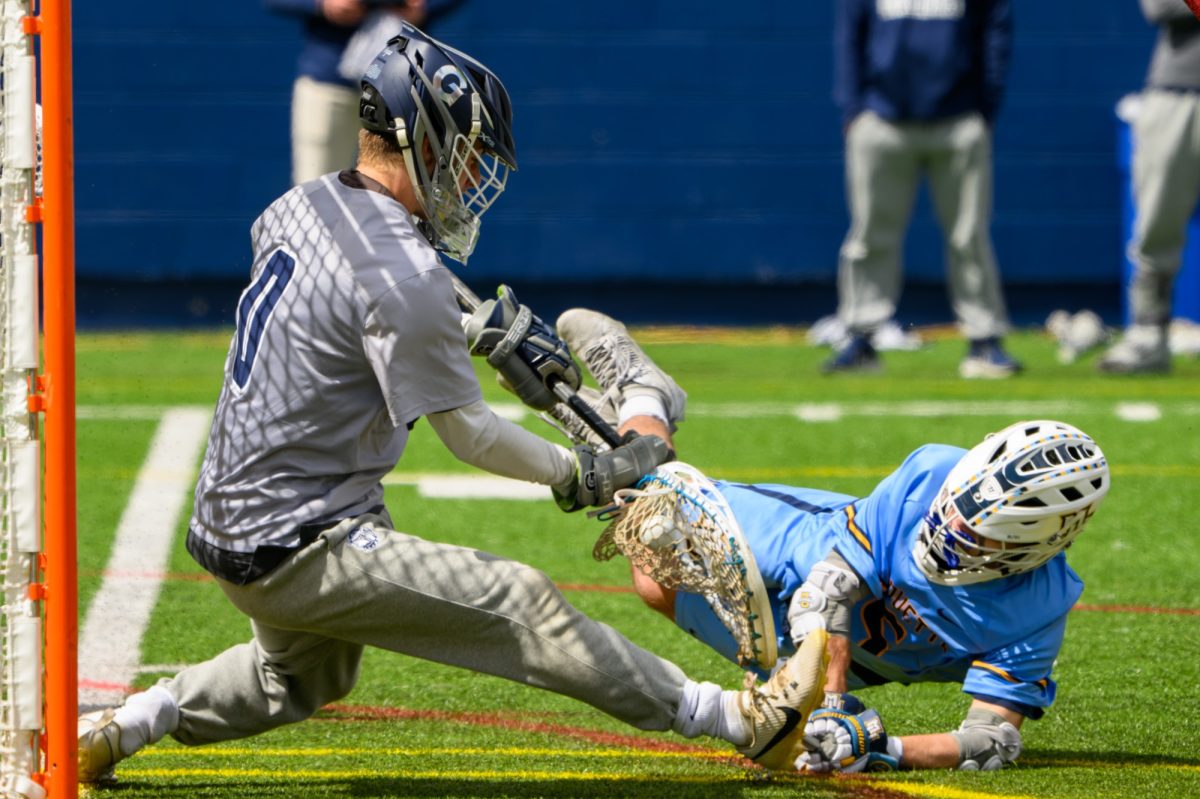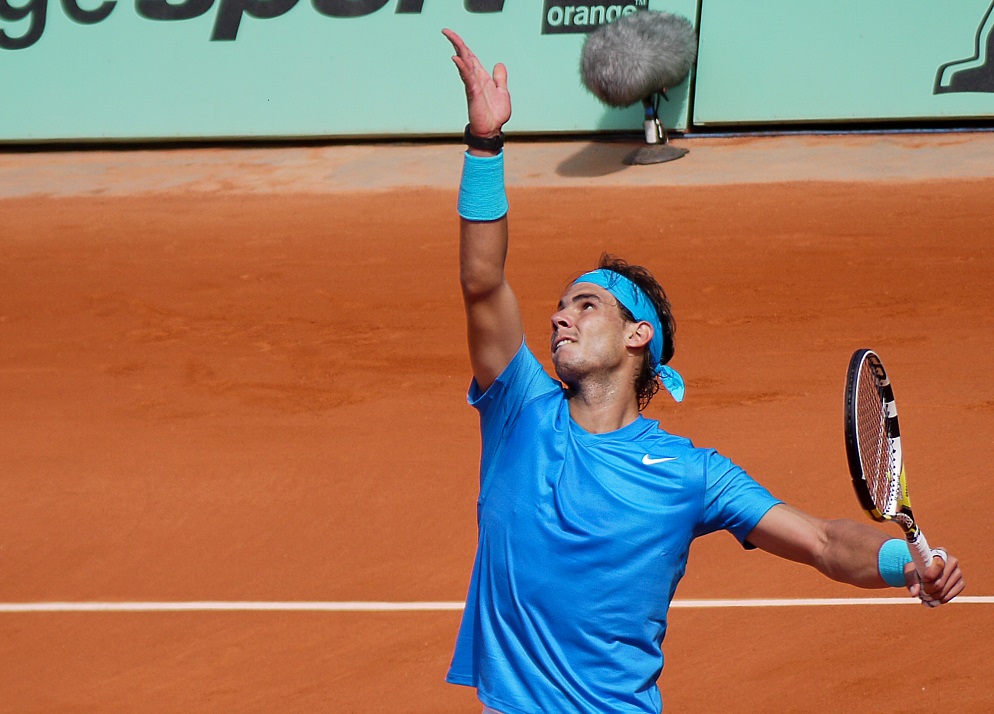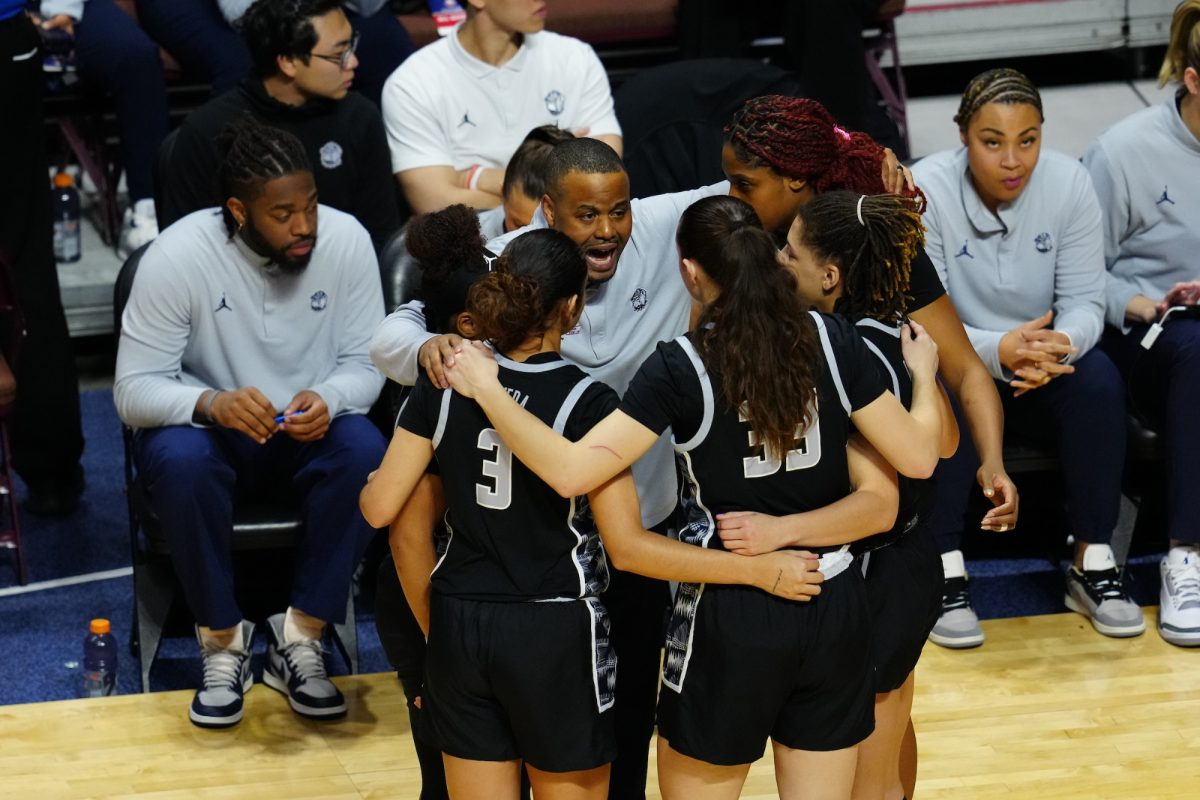The USA is no stranger to the tradition of professional and amateur athletes’ use of performance-enhancing drugs, an issue that has discredited Olympic medalists, All-Star outfielders and other world champions over the years.
Since Baron Pierre de Coubertin brought back the Olympic Games 120 years ago, only a handful of times have entire groups of professional athletes been denied access to competition — and all of those times have been for political reasons in some capacity. Russia is the first federation to be banned from competing due to doping.
“Until now,” wrote Christopher Clarey of the New York Times, “no country has had its athletes banned from an Olympics for doping — not even East Germany, whose shameful and state-sponsored system was not fully revealed until the country ceased to exist.”
The International Association of Athletics Federations ruled unanimously last week to uphold its decision this past November to ban track and field athletes of the Russian federation from international competition, rendering the entire team unable to compete in this year’s Olympic Games.
Sebastian Coe, head of the track and field organization, said during a press conference three weeks ago that the feeling was that Russians could not credibly return to international competition “without undermining the confidence of their competitors and the public.” No Russian athlete, coach or personnel representing the track and field team is permitted to participate in international competition of any kind. Rune Andersen, head of the Taskforce on Russia, said that the head coach as well as many of the athletes, “appear unwilling to acknowledge the nature and extent of the doping problem in Russian athletics.”
All of this takes place concurrently with and subsequently to widespread allegations that the Russian federation has maintained state-sponsored doping of numerous capacities — from slipping officials drug-and-alcohol cocktails for their athletes to tampering with urine samples. And that’s just to name a few.
Needless to say, Russia as a whole was not thrilled with this devastating blow. Yelena Isinbayeva, a two-time Olympic gold medalist in the pole vault, highlighted the need for “strong action to eradicate doping” but decried its unfair punishment to clean “athletes who have repeatedly proved they are innocent of cheating.”
Anyone familiar with the political world or the sports world knows that the Olympics is where the two intersect: Athletes represent the countries from which they hail; strong performances abroad in many ways signal strong leadership at home. It is not hard to see why Russia should take it personally, either — consider the ubiquity of doping among Olympic athletes and other professionals, after all, and Pierre de Coubertin said that “The Olympic Games were created for the exaltation of the the individual athlete.” in the mind of the Russian track and field team, why should the whole group suffer for the wrongdoings of a few?
The IOC and IAAF say it is because no one knows, or believes, that there are only “a few” at fault. Several people have already exposed or claimed the vast reach of state-sponsored doping, and clean drug tests in recent years does not negate the possibility of PED abuse in the past. Officials have commended the Russian Olympic Committee for its collaborative efforts with the IAAF task force to combat state-sponsored doping, but all of that is not enough to assuage the “serious doubt [placed] on the presumption of innocence.”
Although the track and field team is not permitted to compete under the Russian flag, a concession might be made that would allow a select few individuals to apply to compete as “neutral” athletes; that is, to compete under the Russian Olympic Committee instead. ESPN reports that the IAAF report acknowledged “the enormous efforts and professionalism” of the Russian Olympic Committee, as opposed to the national track federation.”
This might not be compromise enough for athletes like Isinbayeva, who thinks that Olympic athletes are critical to encouraging Russian children to pursue similar paths in the future. “Russia’s children need heroes,” she said. For now, though, the world seems content to let those children seek heroes in Russia’s other teams — just not the track and field team.
Libby Scattergood is a senior in the McDonough School of Business. Road To Rio appears every other Friday.



















